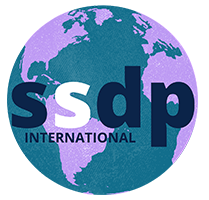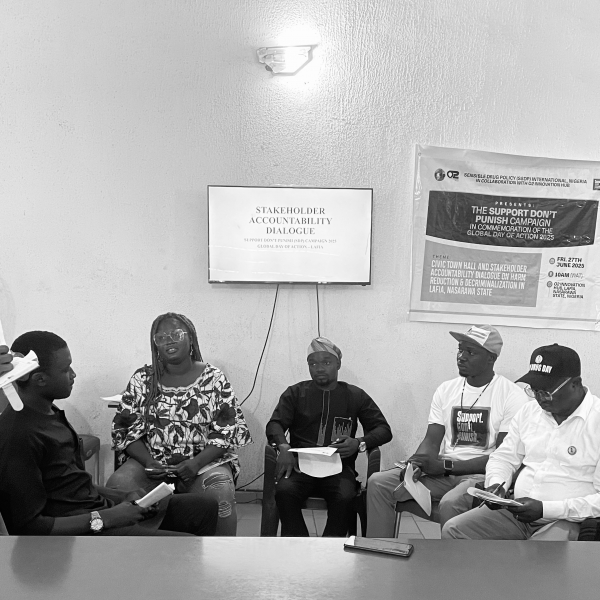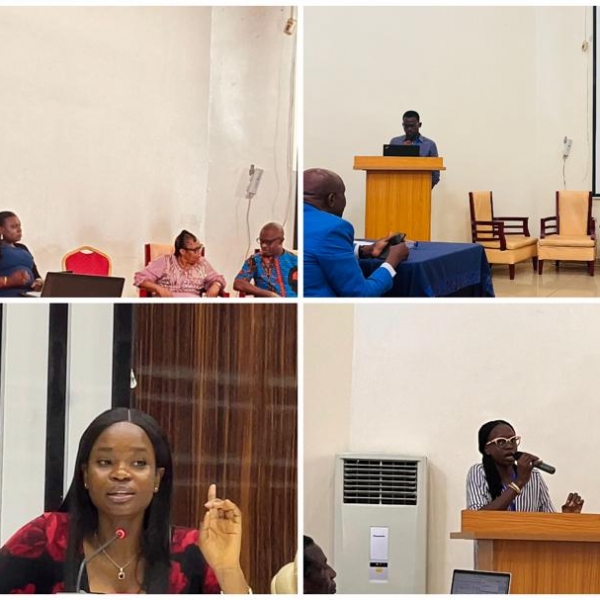SSDP New Zealand host grassroots harm reduction training

Students for Sensible Drug Policy Aotearoa New Zealand has hosted a harm reduction training seminar through their chapter in T─ümaki Makaurau Auckland. The event brought together ravers, clubbers, and other people involved with the local nightlife sector to give them the skills to keep themselves and their fellow partygoers safer on nights out. Whilst the SSDP Auckland chapter hosted the event, the educational aspects of the event were facilitated by other grassroots organisations: FestAid, Psy-Care Aotearoa, Ng─ü Kaitiaki / The Festival Guardians and Aotearoa Drug Information Outreach (ADIO).
FestAid is a festival-specific first aid provider that values lived experience in their team. Most first aid providers have little knowledge of how to deal with the many altered states of consciousness (ASCs) that are experienced by festival attendees, with standard operating procedures often suggesting high doses of sedatives or hospitalisation as a response to all ASCs. Through their embracing of lived experience, FestAid provides medical care to attendees that is more appropriate to most drug-induced ASCs and thus avoids unnecessary hospitalisations that are common with other providers. Throughout their 15 years of operating at numerous grassroots festivals in Aotearoa, FestAid has only ever had to bring an ambulance to the site four times. None of these instances were due to problems relating to drug use. FestAid educated attendees on how to respond to various medical issues they might experience in a festival-type setting, including basic CPR.
Psy-Care provides care spaces at events such as festivals to provide pastoral care to attendees, particularly those who may be having challenging experiences resulting from ASCs, drug use, or other types of mental or physical distress. Whilst not always dealing with psychedelic states, Psy-Care volunteers take an approach similar to the Zendo Project's mantra of “sitting, not guiding”. Generally, they provide a space for people to sit and talk through their feelings (or to sit silently if they wish). They also offer many means of helping people through challenging experiences, such as artwork, fidget toys, sensory objects, and a calm, low-stimulus environment. Psy-Care trained attendees on responding to challenging experiences through a peer-support lens, particularly those that might occur in nightlife environments.
Ng─ü Kaitiaki / The Festival Guardians focus on preventing consent breaches, sexual harassment and assault in nightlife settings. As well as providing roaming consent crews at events, they also provide spaces to support people who have experienced these things at events, with guidance on how to proceed. In addition to their on-site event activities, Ng─ü Kaitiaki provides consent training to bar staff and other community members to better understand consent beyond specific events. Ng─ü Kaitiaki educated attendees in consent education and bystander intervention, giving them the skills to better respond to consent breaches and assaults that are experienced in their communities.
As well as providing specific expertise, Psy-Care, FestAid, and Ng─ü Kaitiaki frequently work together and thus, they spent time highlighting humorous anecdotes of things that had occurred at events they had worked at, including creative ways that those with lived experience had solved these problems.
Aotearoa Drug Information Outreach (ADIO) runs two local needle exchanges in central and south Auckland, providing clean needles and syringes to people who inject drugs. Trish from ADIO provided attendees of the event with information on harm reduction concerning people who inject drugs, particularly opioids and amphetamines, use of which makes up a disproportionate proportion of injecting drug use in Aotearoa relative to other countries. Event attendees learnt how to recognise and respond to an opioid overdose using injectable naloxone – an opioid overdose reversal drug available for free at needle exchanges in Aotearoa, as well as how to respond to overamping – a condition that occurs from the use of large amounts of stimulants. Attendees were taught that the need to know how to respond to an overdose is vital for everyone, particularly as the opioid crisis leads to overdoses on the streets and incorrect dosing of prescribed opioids may lead to overdoses among people who use opioids medically, rather than for other purposes. Each attendee was given a certificate to confirm that they had been trained to use naloxone as well as a free naloxone pack for use in an emergency.
All organisations involved in the training seminar were strengthened by their inclusion of people with lived and living experience. This guided their knowledge and expertise in their respective areas and showed just how inadequate much of the top-down focused healthcare training is when it comes to harm reduction and working with people who use drugs.
The Harm Reduction training event was a huge success. It provided a group of people with a great insight into reducing harm in their respective nightlife communities. This event has served as a brilliant template for future harm reduction training events. SSDP Auckland looks forward to seeing it spread and progress across the country.
SSDP Auckland would like to give a huge thank you to FestAid, Psy-Care, Ng─ü Kaitiaki, and ADIO for facilitating their respective educational seminars and for their continued work reducing harm to people who use drugs in Aotearoa. We would also like to thank Auckland Community Action on Youth And Drugs (CAYAD) for helping us run this event.
Further information:
· FestAid website - https://www.festaid.co.nz/
· Psy-Care website – https://Psy-Care.nz/
· Ng─ü Kaitiaki – https://www.facebook.com/people/Ng%C4%81-Kaitiaki-Festival-Guardians/100066571127798/
· ADIO website - https://www.adio.org.nz/
· Event Care spaces website - https://www.eventcarespaces.nz
· Community Action on Youth And Drugs - https://cayad.org.nz



